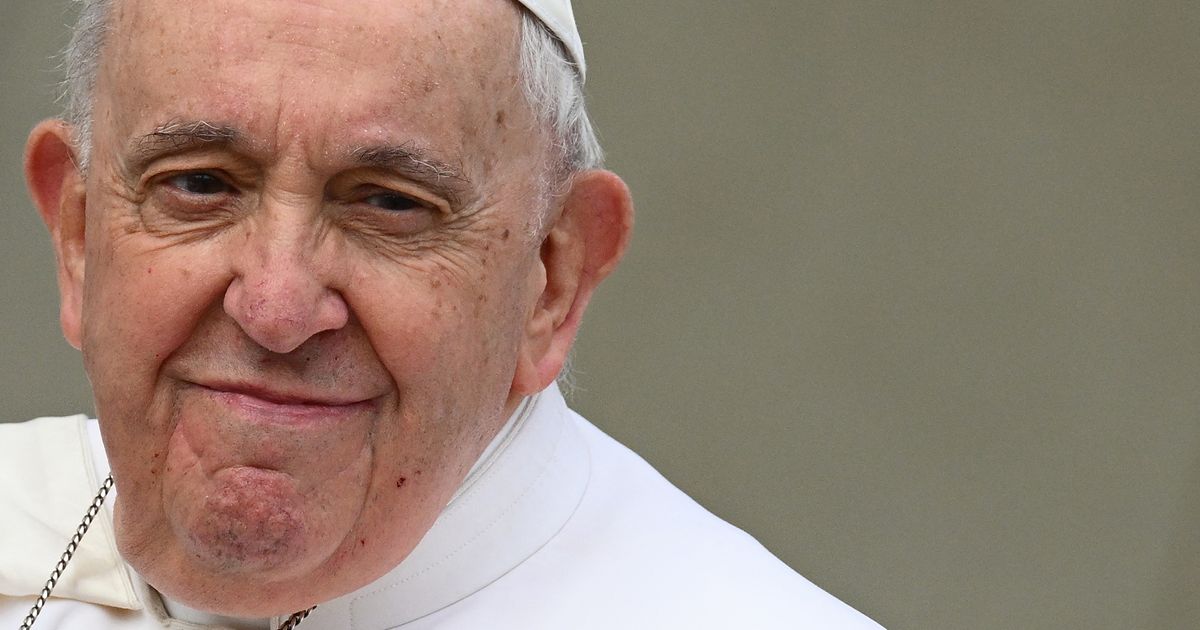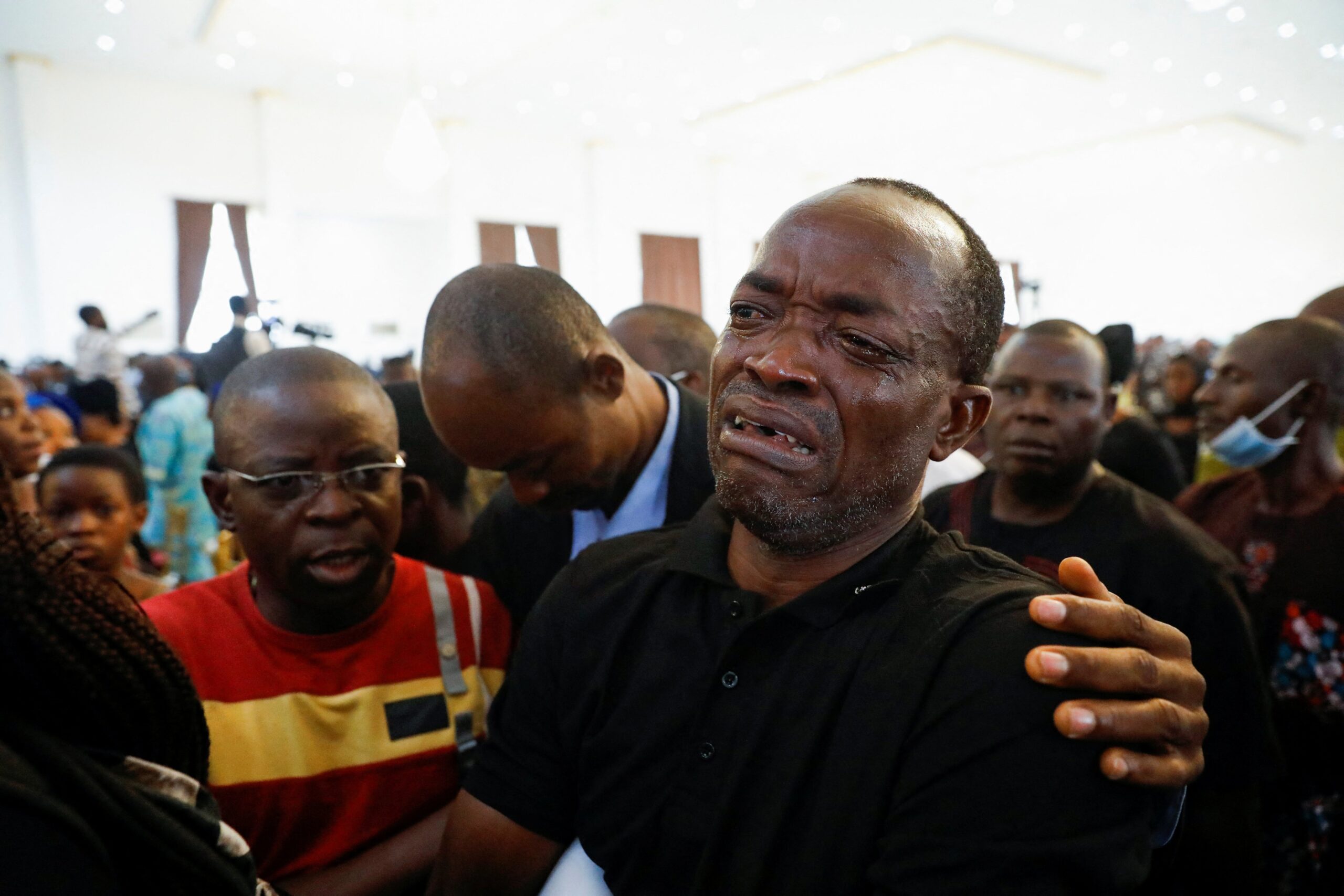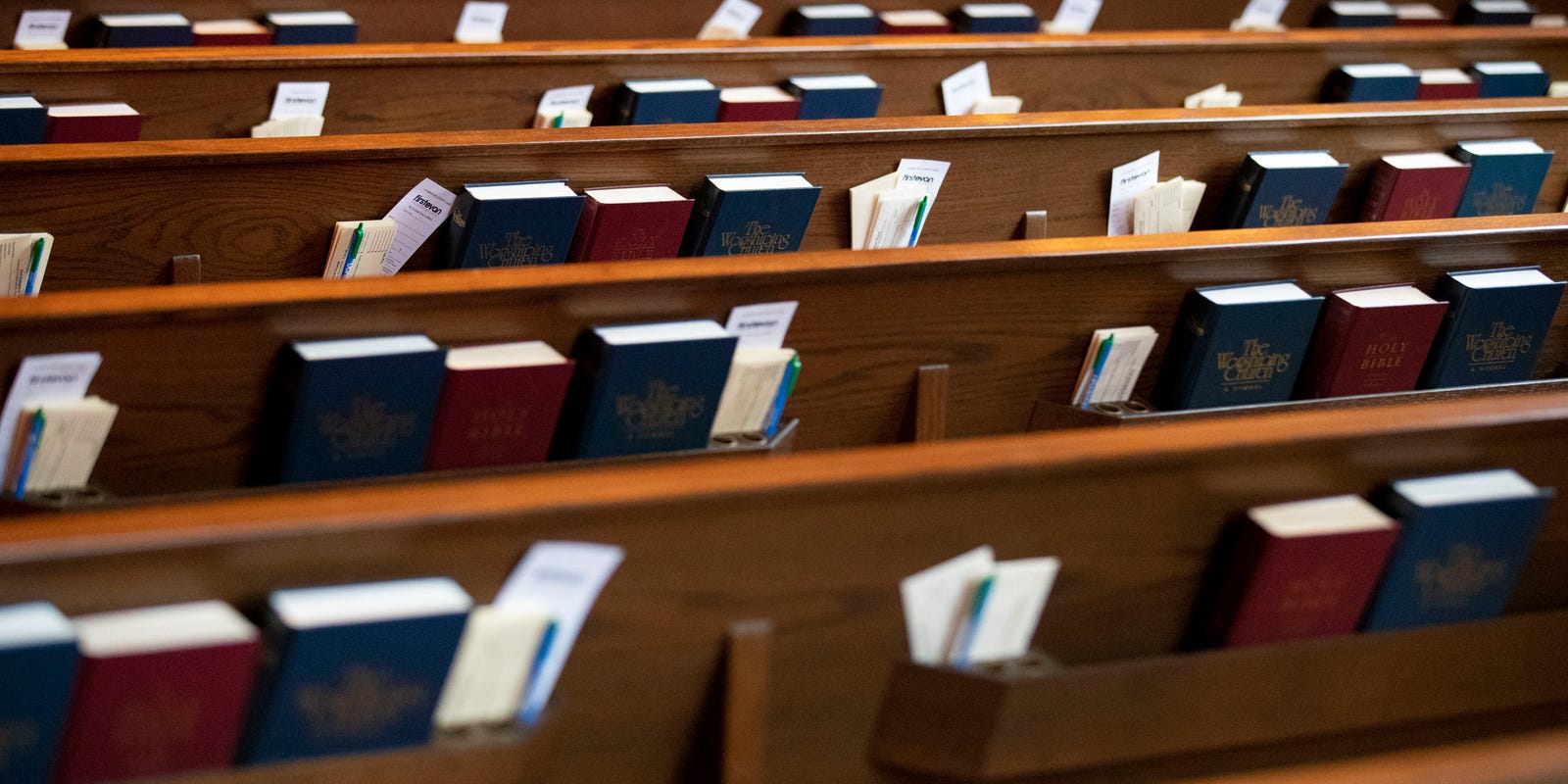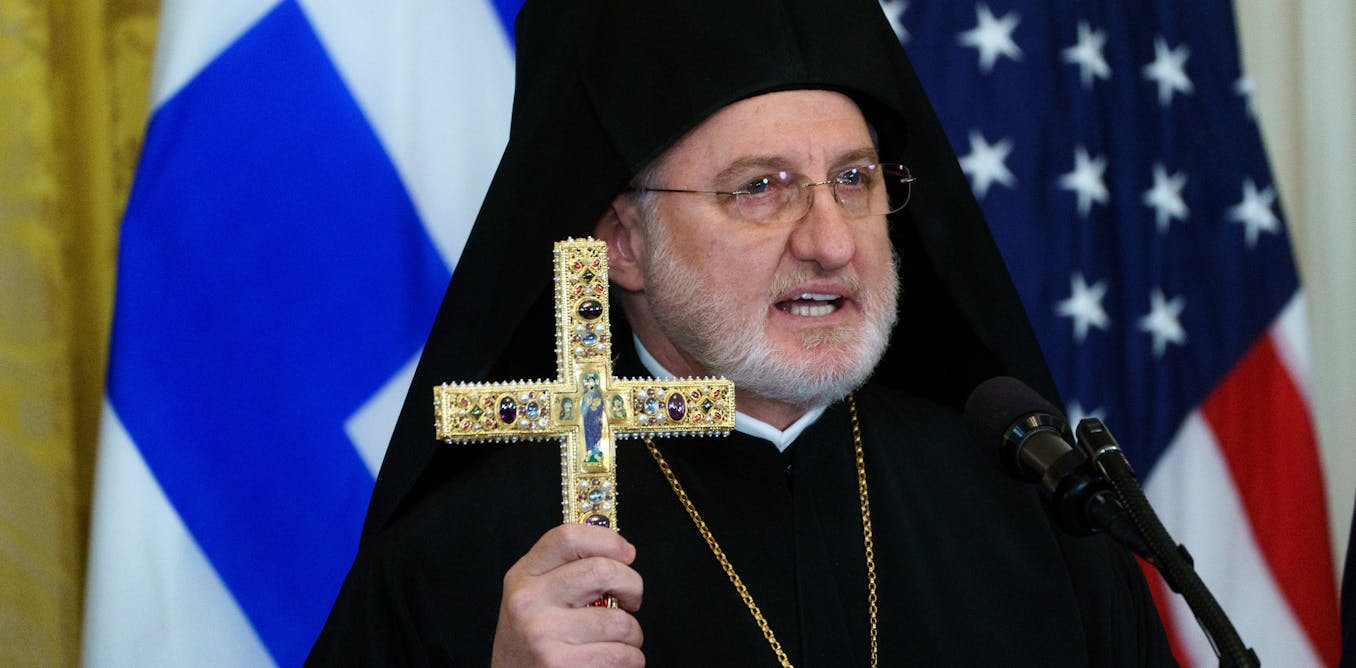Faith vs. State: Wisconsin's Controversial Stance on Religious Charity Sparks Debate
Religion
2025-03-25 10:00:00Content

In a significant legal decision during 2016, the Wisconsin Labor and Industry Review Commission delivered a landmark ruling that challenged the tax-exempt status of the Catholic Charities Bureau. The state's regulatory framework allows unemployment tax exemptions for organizations that meet specific operational criteria, but in this case, the commission determined that the Catholic Charities Bureau did not qualify for such an exemption.
The ruling highlighted the complex intersection of religious nonprofit organizations and state tax regulations, signaling a nuanced approach to evaluating tax-exempt status based on an organization's operational structure and practices. By denying the exemption, the commission underscored the importance of meeting precise legal standards, regardless of an organization's religious affiliation or charitable mission.
This decision prompted broader discussions about the criteria for tax exemptions and the accountability of nonprofit organizations in maintaining compliance with state employment and tax regulations.
Legal Showdown: Catholic Charities Bureau's Tax Exemption Battle in Wisconsin
In the intricate landscape of nonprofit organizations and tax regulations, the Catholic Charities Bureau found itself embroiled in a complex legal dispute that would challenge traditional interpretations of unemployment tax exemptions. The 2016 ruling by the Wisconsin Labor and Industry Review Commission marked a pivotal moment in understanding the boundaries of organizational tax privileges.Challenging the Status Quo: When Nonprofit Meets Regulatory Scrutiny
The Regulatory Landscape of Nonprofit Taxation
The intersection of religious organizations and state tax regulations represents a nuanced legal terrain fraught with complexity. Wisconsin's approach to tax exemptions for nonprofit entities reveals a sophisticated framework that demands rigorous examination of organizational structures and operational methodologies. The Catholic Charities Bureau's case illuminates the intricate criteria that governmental bodies employ when evaluating tax-exempt status. Regulatory frameworks require nonprofits to demonstrate not just charitable intent, but also a comprehensive alignment with specific operational guidelines. The commission's decision underscored the importance of meeting precise legal standards, challenging the traditional assumptions about automatic tax exemptions for religious-affiliated organizations.Unpacking the Legal Reasoning Behind the Ruling
The Wisconsin Labor and Industry Review Commission's determination represented a meticulous analysis of the Catholic Charities Bureau's organizational structure and operational parameters. By scrutinizing the nuanced definitions of "operated" within state statutes, the commission established a precedent that would have far-reaching implications for nonprofit entities. Legal experts noted the ruling's significance in establishing clearer boundaries for tax exemption qualifications. The decision demanded that organizations provide more transparent documentation of their operational models, challenging them to demonstrate a direct and unambiguous connection to their charitable missions.Implications for Nonprofit Organizational Strategies
The ruling precipitated a fundamental reevaluation of how nonprofit organizations approach their structural and financial frameworks. Catholic Charities Bureau, like many similar organizations, was compelled to conduct a comprehensive internal review of its operational mechanisms and financial reporting strategies. This legal challenge highlighted the increasing complexity of maintaining tax-exempt status in an evolving regulatory environment. Nonprofit leaders were forced to develop more sophisticated approaches to documenting their organizational missions, financial allocations, and community impact.Broader Context of Religious Nonprofit Taxation
The case transcended the specific circumstances of the Catholic Charities Bureau, representing a broader dialogue about the relationship between religious organizations and state regulatory mechanisms. It exposed the delicate balance between respecting institutional autonomy and ensuring fiscal accountability. Legal scholars and nonprofit administrators nationwide closely examined the ruling, recognizing its potential to reshape understanding of tax exemption criteria. The decision prompted a more nuanced conversation about the evolving expectations placed on charitable and religious organizations.Navigating Future Regulatory Challenges
For nonprofit organizations, the ruling served as a critical reminder of the need for proactive compliance and transparent operational practices. The Catholic Charities Bureau's experience underscored the importance of maintaining meticulous documentation and demonstrating clear alignment with regulatory expectations. Emerging trends suggested that future tax exemption evaluations would likely become increasingly sophisticated, requiring organizations to develop more robust strategies for proving their charitable value and operational integrity.RELATED NEWS
Religion
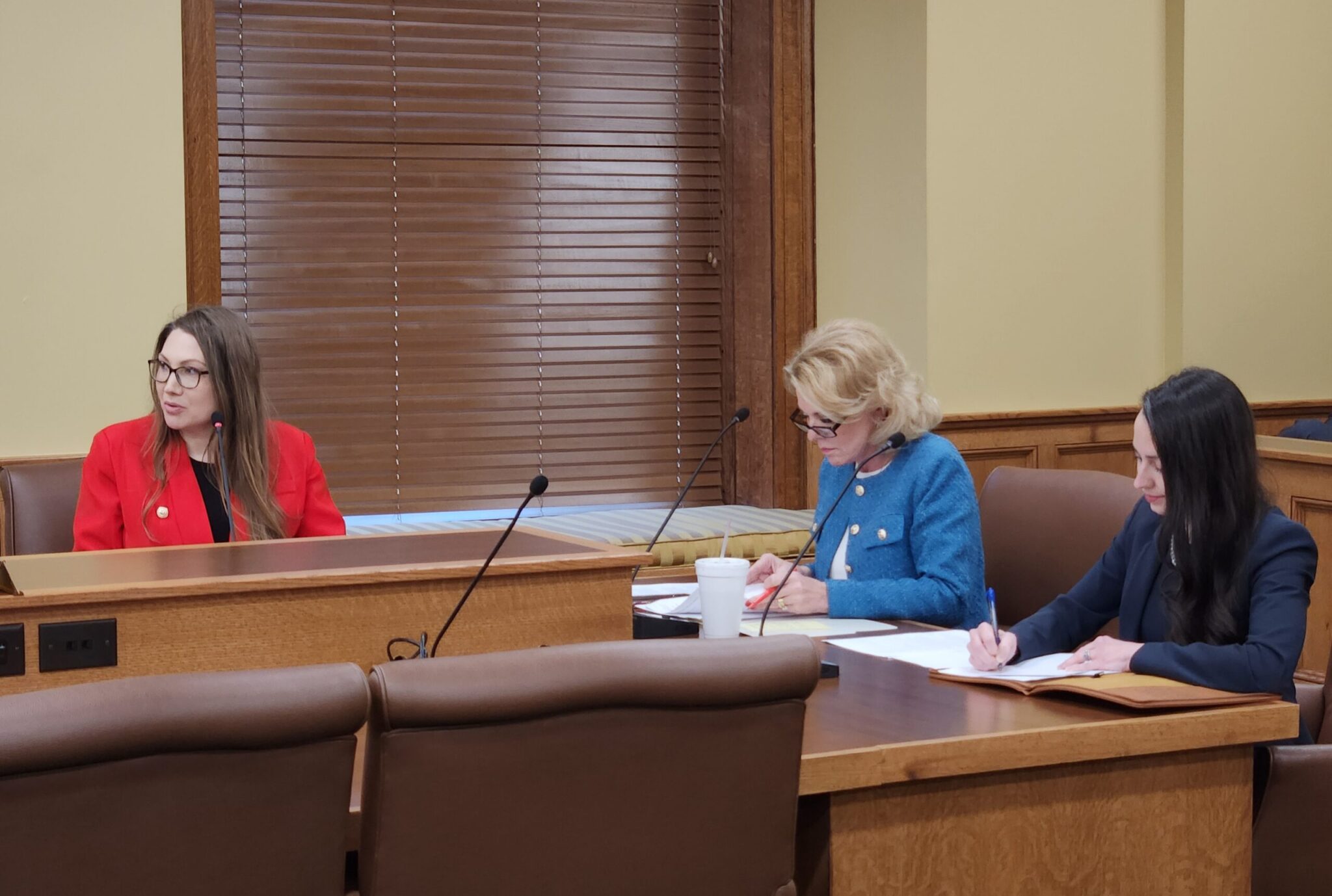
Controversial Faith Freedom Act Sparks Heated Debate Over LGBTQ+ Rights in Arkansas
2025-04-02 10:00:08
Religion

Silent Pulpits: Long Island's Religious Leaders Dodge Crucial Moral Crossroads
2025-04-10 13:57:03
